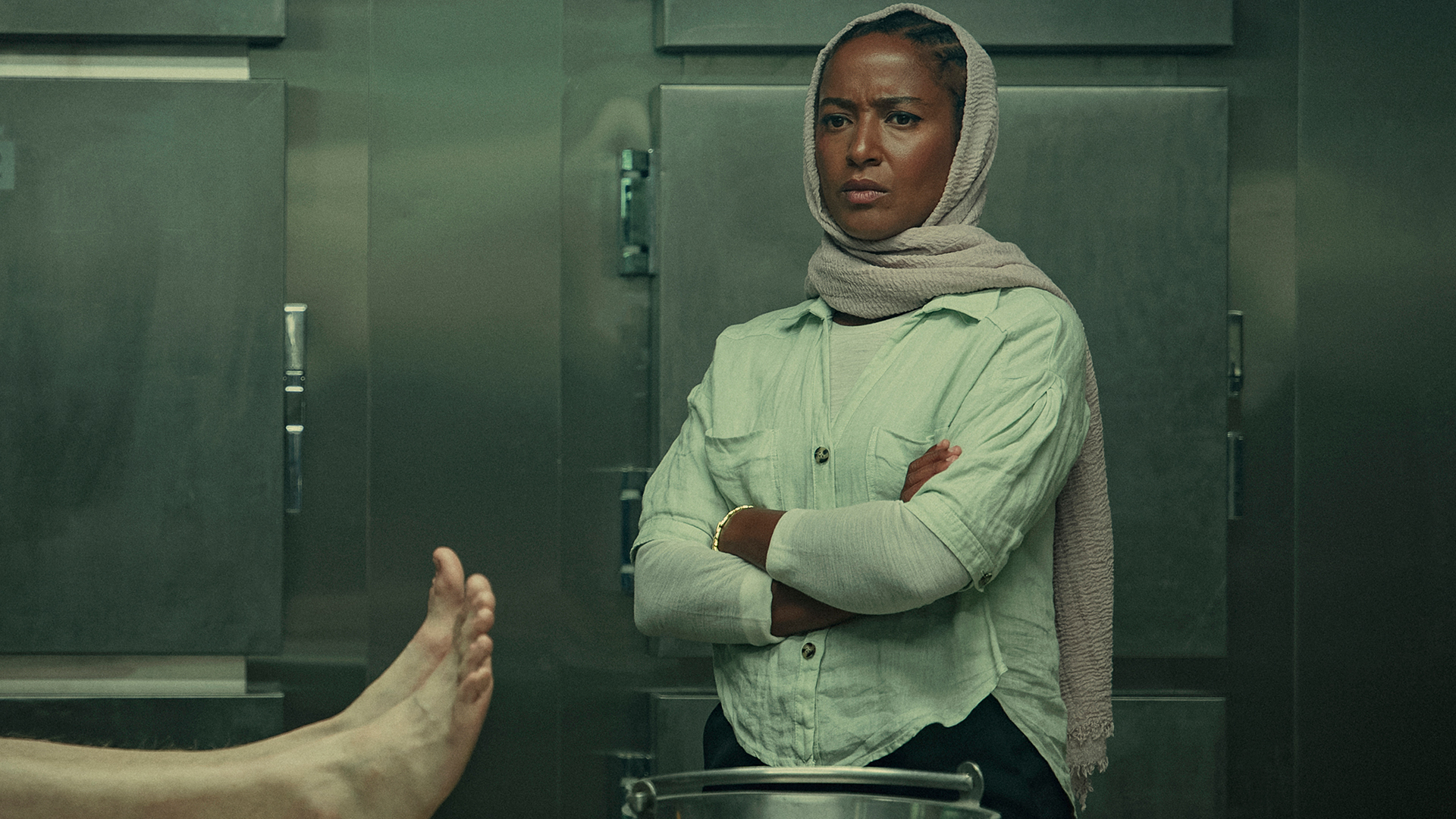Murder mystery Bodies has an extreme sci-fi twist and, crucially, a definitive ending

We’re all drowning in content—so it’s time to highlight the best. In her column, published every Friday, critic Clarisse Loughrey recommends a new show to watch. This week: Multi-era multiverse murder mystery Bodies.
Now that the term “multiverse” has officially entered the cultural mainstream, thanks to cinema’s superheroes and laundrette owners, storytellers are no longer bound by the concept of linear time. Era-hopping, now, seems to be cropping up everywhere, in both lowbrow-and-highbrow form, from Shining Girls to The Lazarus Project, The Devil’s Hour, and—sure—Riverdale.
You could argue that the audience for Netflix’s Bodies, itself based on a 2014 graphic novel by the late Si Spencer, is now fully trained up and ready for the complexity of its time travel storyline. Thank god, because explaining the plot of this eight-part series to an outsider is the kind of endeavour that inevitably leaves you screaming at a string-and-red-pins conspiracy board like Charlie Day in that one It’s Always Sunny in Philadelphia episode.
Bodies is a murder mystery, of sorts, with an extreme sci-fi twist: the same body, butt-naked with an incomprehensible tattoo on its wrist, has turned up in Whitechapel’s Long Harvest Lane at four, distinct points in history. It’s there in 1890, 1941, 2023, and 2053, discovered by four different detectives: Alfred Hillinghead (Kyle Soller, of Andor fame), Charles Whiteman (Jacob Fortune-Lloyd), Shahara Hasan (Amaka Okafor), and Iris Maplewood (Shira Haas).
Episode by episode, scene by scene, these strangers are drawn together, connected by an enigmatic and sinister figure named Mannix (Stephen Graham, always on fine form). He rules over a future London, now transformed into an authoritarian utopia. At some point in 2023, there was a catastrophic attack on the city—one that essentially reset society and allowed Mannix to reshape it on the principle of equality at any cost. “Why choose division and suffering over unity,” he argues. “As if democracy were some sacred ideal?”
In short, Bodies is another sci-fi heavily invested in the philosophy of free choice, though it ultimately doesn’t have all that much to say on the subject. Initially, there’s something quite intriguing about what the show’s four protagonists share in common: each has sacrificed a core part of their identity so that, through their alignment with establishment law enforcement, they can live beneath the shadow cast by the powers that be.
Alfred hides his sexuality and, in turn, betrays the man he loves (journalist Henry Ashe, played by George Parker). Charles Whiteman’s real name is Karl Weissman. His efforts to conceal his Jewish identity at the height of WWII may be necessary for his survival, but they’ve chipped away part of his soul. Shahara’s Muslim faith is weaponised by her employers, who use her as a tool of supposed “community outreach” when they’re really expecting her to manipulate said community into compliance. Iris is revealed to have traded her freedom to rid herself of her disability.

Throughout Bodies, each of these individuals comes to face the real worth of their sacrifice. Iris is told, in an observation delivered with the force of a killing blow, that for all her talk of unity and the greater good, she’s really “the loneliest person I’ve ever seen in my life”.
That said, I can’t imagine that’s really why people are watching Bodies. What philosophising there is, it’s a strong second to the simple pleasures of the puzzle-box narrative. Alfred, Charles, Sharara, and Iris’s revolutions of the soul are largely drowned out by the five-alarm announcements that another piece has fallen into place, another question has been answered. And, in the case of Bodies, most of the pieces do fit, and most of the questions are answered. It benefits, certainly, from the fact it’s a limited series, meaning there’s no painful, unresolved cliffhanger to worry about down the line (cough, cough, 1899). There’s a compelling propulsion here, a race to clarity. When it comes to Bodies, it’s enough to crave the key to the universe.
















